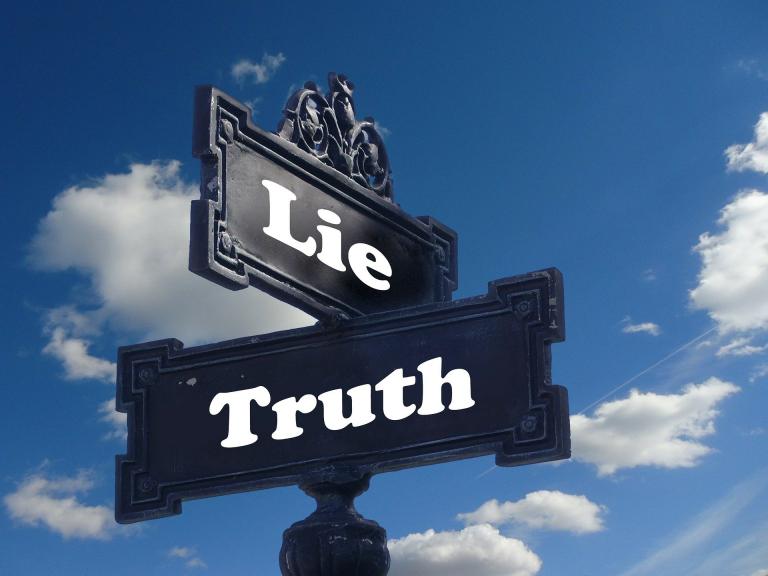 “It’s not fair,” a phase usually repeated by children as they stomp their feet and turn away. But lately there is a great deal of stomping and yelling, “It’s not fair” by adults. And I will admit, I am the Queen of fairness. I hate unfair treatment and injustice. My dad was clear. You play by the rules, no short cuts or undermining. Fair and square! But that is not what we see played out in our every day lives. “Unfair” is all around us. So how do we handle it? Do we too stomp our feet and yell?
“It’s not fair,” a phase usually repeated by children as they stomp their feet and turn away. But lately there is a great deal of stomping and yelling, “It’s not fair” by adults. And I will admit, I am the Queen of fairness. I hate unfair treatment and injustice. My dad was clear. You play by the rules, no short cuts or undermining. Fair and square! But that is not what we see played out in our every day lives. “Unfair” is all around us. So how do we handle it? Do we too stomp our feet and yell?
As Christians, there is a clear path to dealing with offense and injustice but it isn’t very popular or mainstream. Why? Because our tendency to lash out and seek revenge is primal. However, that was not modeled by Jesus. His mistreatment was horrendous and yet he endured it. Did that make him weak? Obviously not. It takes strength not to have a knee jerk reaction to unfair treatment. It takes strength to have self-control.
When you experience unfairness, acknowledge the hurt and anger you feel. For example, I am hurt that someone willingly chose not to do the right thing because he was afraid or would not stand up for his conviction and do the right thing. The more I think about the situation, the angrier I become. Thus, thinking about it over and over does not help. Ruminating on unfairness will lead to more anger and upset. It’s only a path to increased anger.
As cliched as it is, remind yourself that life isn’t fair. People do not always act the way they are supposed to and sometimes they lack courage to do the right thing. It’s disappointing, at times hurtful. Intellectually we understand why someone might do the wrong thing. But our feelings have to catch up with our head. Understanding why doesn’t take care of our anger. Someone still did the wrong thing.
The Bible is clear that we can be angry but not sin. Scriptural guidelines tell us not to give full vent to our anger (Proverbs 29:11), not to seek revenge (Romans 12:19), to forgive (Matthew 6:14), not to stay angry (Colossians 3:8), give the anger to God (1 Peter 5:7) and not take offense (Proverbs 12:16). These words are quite prescriptive. Usually, behind the anger is hurt. Hurt that someone would treat you this way.
Once we acknowledge the hurt, choose to forgive the person and refuse to hang on to the offense. This is an act of obedience to God. But let me warn you, you need the power of the Holy Spirit to do this. People think revenge is a choice of strength. It’s not. It takes more strength to forgive. As you release the person with forgiveness, ask God to heal the hurt you feel. Meditate on 1 Peter 2:22-23—Jesus left his case in the hands of God. That is a good place to leave the offense—in the hands of God.
Then, release the person from judgment. God sees what he did and will deal with him. You do not have to be the Holy Spirit for that person. God already is! Our job is to pray for the offender and continue to allow God to heal us.
Finally, work to fix the injustice. What can we do to prevent this in the future? This is action focused and requires us to do what we can to make things better. Unfortunately, not all unfairness can be fixed this side of eternity. But this doesn’t mean we don’t work on things we can fix like racial injustice or unfair treatment of children.
Is there an offense or injustice you are hanging on to today? Please know that the process of letting go isn’t always easy. But, asking God to help and refusing to hang on to unforgiveness will end in healing. This process takes away the power of the unfair person and releases you from anger and unforgiveness.


